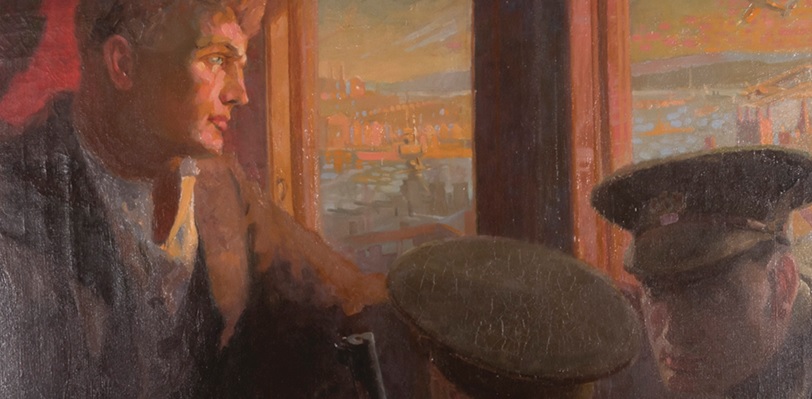
Aled Eirug introduces his new book, The Opposition to the Great War in Wales 1914-1918.
As we arrive at the hundredth anniversary of the end of the Great War, it is timely to consider how the war affected not only those 35,000 Welshmen and 780,000 British servicemen killed as a result of their war service, but also those who were left at home and those who refused to take part in the war effort.
This ground-breaking book on the opposition to the Great War in Wales unveils the extent of the anti-war movement in Wales on both political and religious grounds, and shows how attitudes were riven towards the war on a local level. The changes in attitudes towards the 1914–1918 war also mirror communities’ political and religious views, and the extent to which the military tradition had permeated locally. In Welsh-speaking rural areas for example, the presence of prominent religious ministers on recruiting platforms bolstered the Welsh nationalist propaganda of Lloyd George, and in coal-mining areas, the excitement of the march to the colours overcame mistrust of the military. But suspicion of the purposes of the war and growing support for the left in the south Wales coalfield by the summer of 1917 led to greater social dissent and the fear of industrial unrest.
Out of a total of around 16,500 throughout Britain, 900 conscientious objectors in Wales were the vanguard of an anti-war movement that encompassed the left of the South Wales Miners’ Federation and the radical pacifists of the Nonconformist denominations. In spite of their unpopularity during the war, they became influential in the growing peace movement and support for the League of Nations in the 1920s and early 1930s. In a period of ‘total war’, these anti-war activists were an awkward thorn in the side of the authorities, and demonstrate for us today how an understanding of the impact of the Great War cannot be gained solely from a reading of its military course, but requires a more holistic account of the impact of the war at home.
Aled Eirug is Senior Lecturer at the Morgan Academy, Swansea University.


